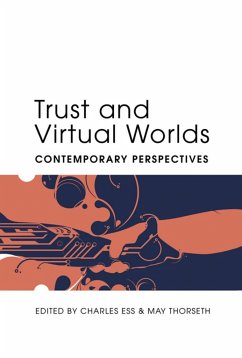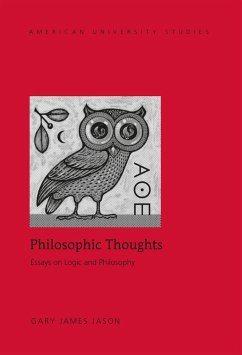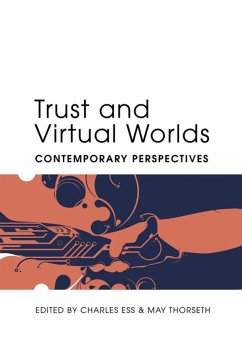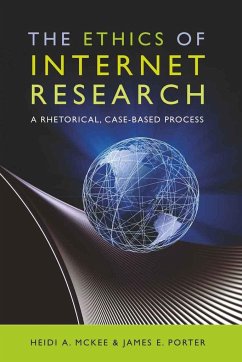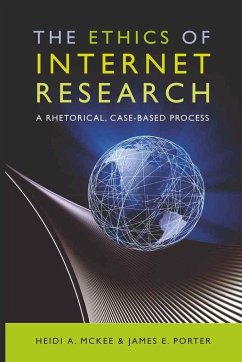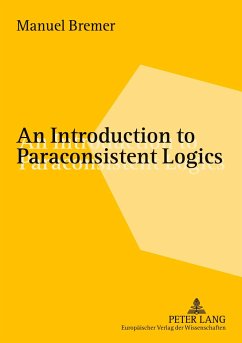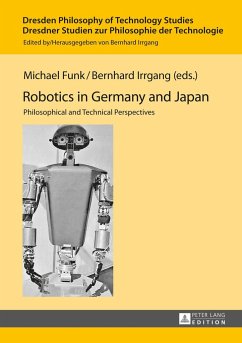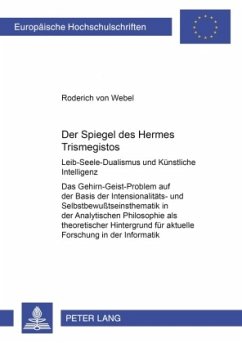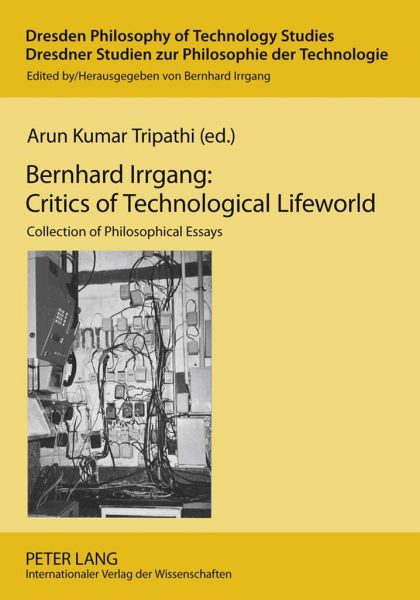
Bernhard Irrgang: Critics of Technological Lifeworld
Collection of Philosophical Essays
Versandkostenfrei!
Versandfertig in 6-10 Tagen
50,70 €
inkl. MwSt.

PAYBACK Punkte
0 °P sammeln!
We live in a technologically mediated lifeworld and culture. Technologies either magnify or amplify human experiences. They can change the ways we live. Technology has been woven into the social and cultural fabric of different cultures. German phenomenologist philosopher Bernhard Irrgang for than 2 decades engaging with the questions, what role does technology play in everyday human experience? How do technological artefacts affect people's existence and their relations with the world? And how do instruments, devices and apparatuses produce and transform human knowledge? Along with Albert Bor...
We live in a technologically mediated lifeworld and culture. Technologies either magnify or amplify human experiences. They can change the ways we live. Technology has been woven into the social and cultural fabric of different cultures. German phenomenologist philosopher Bernhard Irrgang for than 2 decades engaging with the questions, what role does technology play in everyday human experience? How do technological artefacts affect people's existence and their relations with the world? And how do instruments, devices and apparatuses produce and transform human knowledge? Along with Albert Borgmann, Larry Hickman, Don Ihde, Carl Mitcham, Hans Poser, Peter-Paul Verbeek, Walther Zimmerli, contemporary German philosopher of technology Bernhard Irrgang provides a useful vocabulary for understanding the ways we relate to technology and to the world through technologies in different cultures.



